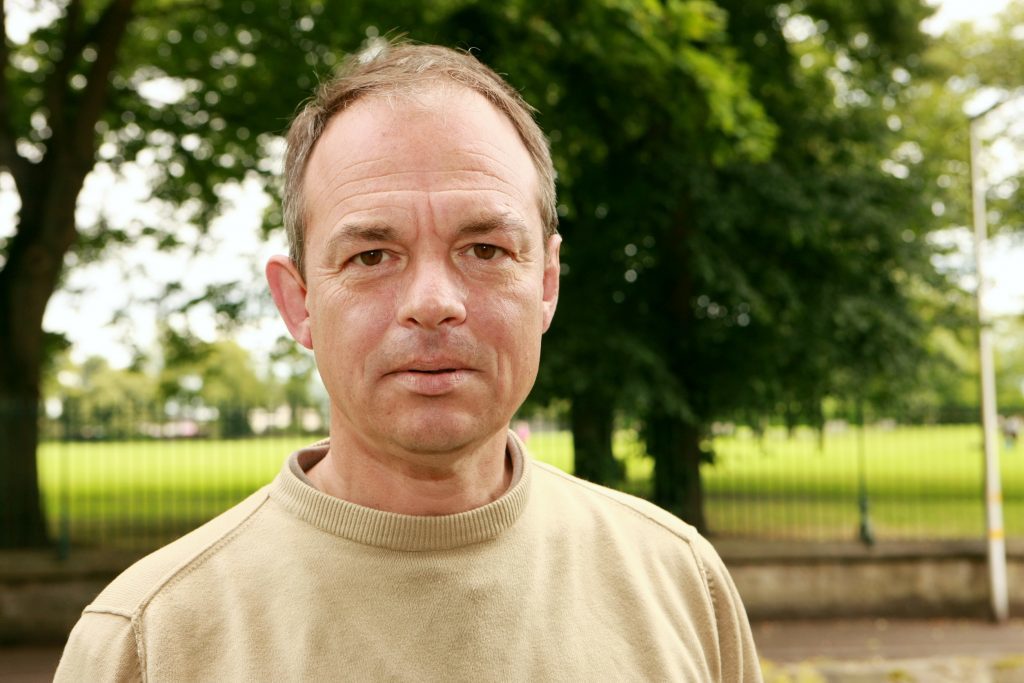Disability rights activists have hit out at a sentence given to carers convicted of assaulting a wheelchair-bound man.
The Courier told earlier this month how Andrew Frame, 27, and William Strange, 55, had been handed community payback orders for attacking wheelchair bound Matthew Millar.
A close relative of Mr Millar told The Courier how the Richmond Fellowship Scotland care workers had made their victim’s “living hell” even worse.
Mr Millar, who has Cornelia de Lange syndrome, which affected his physical and mental development, was repeatedly punched on the head by his carers, Frame and Strange.
After being found guilty following trial, Frame was ordered to carry out 180 hours of unpaid work. Strange was ordered to complete 150 hours.
Disability campaign groups have now branded the decision not to jail both “disgraceful”.
Campaigners cite a sentence of 150 hours of unpaid work given to prominent welfare advocate Tony Cox as proof Strange and Frame should have been handed custodial sentences.
Mr Cox was ordered to carry out the work after he was found guilty of shouting and swearing at a Dundee welfare assessment centre.
Branding the similarity in sentences as “disproportionate”, John McAardle of campaign group the Black Triangle Campaign said: “How can people who deliberately set out to harm others with criminal violence be treated the same as Tony?
“Tony was placed in an impossible situation. Because of cuts and sanctions, people are being put in impossible situations where they react in a human way.
“I think most people would find the similarity in sentences unacceptable. These people should be in jail.”
Mr Cox, of the Scottish Unemployed Worker’s Network, echoed Mr McArdle’s views. He said: “I’m absolutely puzzled by the sentence.
“I’ve met people doing community service who have been involved in serious assaults and they haven’t been given as long as I have. I’ve no hesitation in saying this was a political sentence.”
A spokesperson for the Judicial Office for Scotland said: “Individual sentences are a matter for the presiding judge who will take into account the particular facts and circumstances of each, unique case.
“It would therefore not be appropriate for us to comment on individual cases.”











